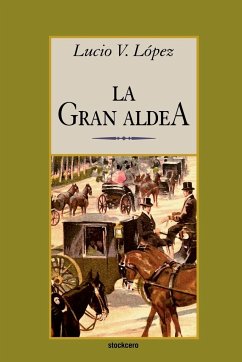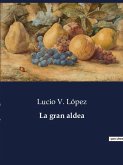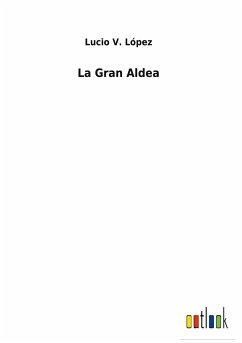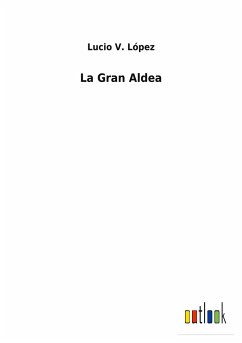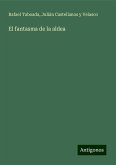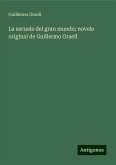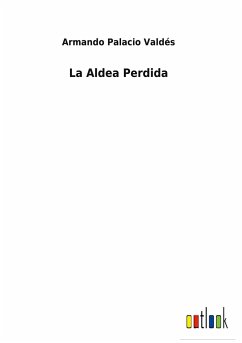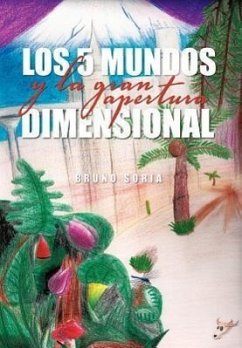First published in 1884 "La gran aldea" is the author's attept at exposing and synthesizing the transformation process undertaken by Buenos Aires and its inhabitants during the thirty years that followed Rosas' overthrow. The novel was feverishly written as a serialized column, and from the same desk where he prepared his political articles, a situation that explains some style faults typical of haste writing. Lucio Vicente López, grandson of de Vicente López y Planes and son of Vicente Fidel López received, along a classical education, a political upbringing that allowed him to characterize the argentine society as "beotian", in the intuition that the pampa's feracity and easy richess would most probably determine political imperfections -as happened in Beotia- rather than a new Athens, as the economic push of the young country seemed to announce. Member of the '80's generation, columnist of "El Nacional", the newspaper directed by Domingo F. Sarmiento, and afterwards avid supporter of Juarez Celman, who was the paradigm of the optimism at those times, Lucio Vicente López's mental clarity gave him the necessary balance to understand the need of a regenerative civilian movement, that at the time seemed to be incarnated by the Unión Cívica of Leandro Alem. La gran aldea is a "clue novel" (roman a clef). In it some of the players of the argentine politics are easily discovered under loose disguises: Don Buenaventura is Bartolomé Mitre; Bonifacio de las Vueltas, Bernardo de Irigoyen; don Benito, Juan Carlos Gómez (the Uruguayan publicist of old liberal affiliation that polemized with Mitre on the Paraguay war issue), etc. The plot is romantic, and the intention edifying, following the trend at that time. Evil, be it paired up with revolting ugliness or seductive beauty is always punished at the end. This novel's value is set in the fresco drawn about the local customs, highlighting certain traits of the argentine society still aparent to the observant eye.
Hinweis: Dieser Artikel kann nur an eine deutsche Lieferadresse ausgeliefert werden.
Hinweis: Dieser Artikel kann nur an eine deutsche Lieferadresse ausgeliefert werden.

